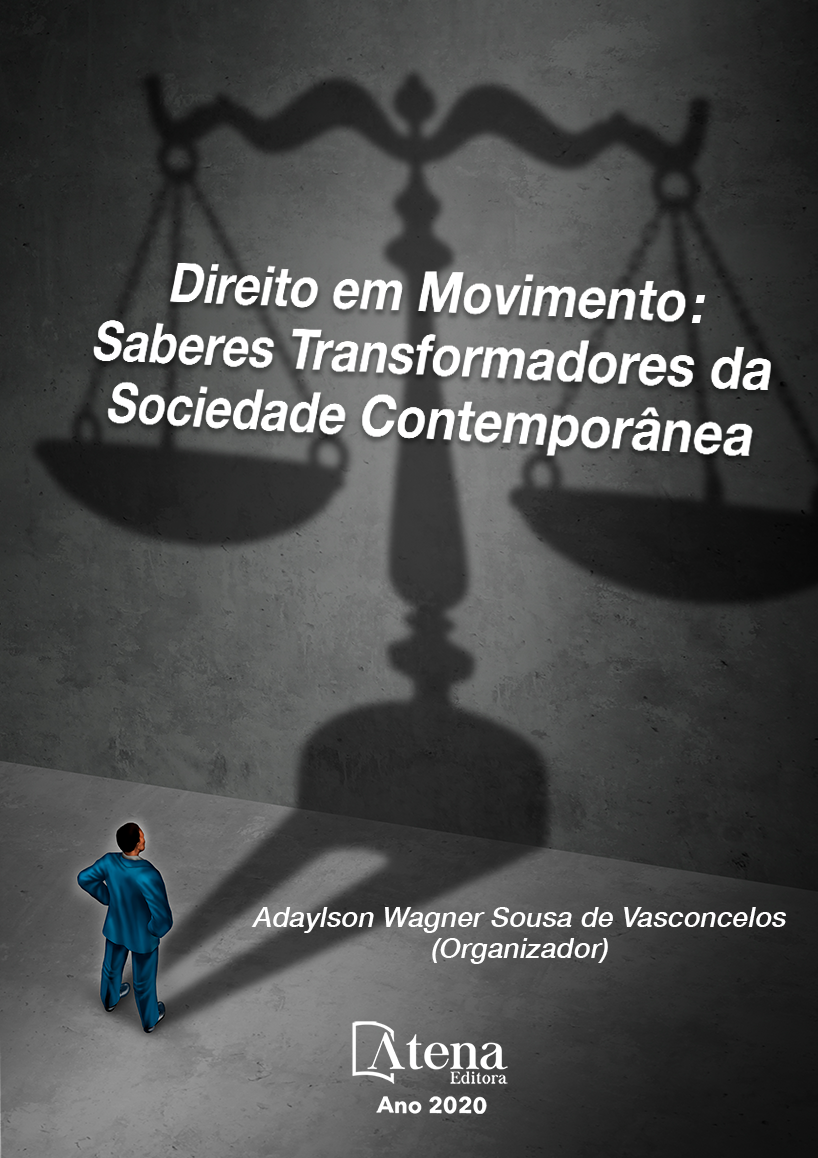
O ESTUPRO DE VULNERÁVEL, A PALAVRA DA VÍTIMA E O IN DUBIO PRO REO – A PSICOLOGIA COMO FERRAMENTA JURÍDICA DE EQUILÍBRIO
Considerando a disparidade entre a acusação e a defesa em crimes de Estupro de Vulneráveis, a Psicologia deve se posicionar sobretudo em proteção às vítimas e, com especial atenção, investigar possíveis incertezas acerca da culpabilidade dos acusados. Adotar como ponto de partida a possibilidade da absolvição, ainda pelo crivo da dúvida. Este artigo é pesquisa qualitativa – bibliográfica. Segue método dedutivo que de observações gerais chega a conclusões pontuais. Os laudos psicológicos solicitados nos procedimentos oficiais não podem se posicionar com alinhamento automático à acusação, atribuindo-lhe juízo de certeza. Em vez de contribuições, promovem confusões. À medida que os depoimentos isolados das vítimas se tornam praticamente a única prova, sob fundamento de que os fatos costumam ocorrer na clandestinidade, relega-se a um plano secundário o princípio in dubio pro reo, e se admite que a alegação da parte supostamente ofendida deve prevalecer em relação à versão defensiva. Ao mesmo tempo surge impertinente literatura psicanalítica coletiva, influenciada pela abordagem persecutória jurídica. Em julgados, muitas distorções decorrem de atribuir capacidade jurídica a depoimentos de crianças. Supondo estar defendendo vulneráveis contra abusadores, muitas vezes estão se legitimando fantasias, as falsas memórias dos relatos infantis, que acabam adotadas como versões verdadeiras. Julgados sem balizamento algum, negam por completo os rudimentos da Psicanálise acerca de desejos de crianças, como se absolutamente desprovidas de capacidade de avaliar ações. Ilações subjetivas de magistrados, sem qualquer amparo científico, corroboram com injustiças, ou, o que é pior, prejudicam o desenvolvimento da sexualidade natural das vítimas que passam a inscrevê-la nos registros da pulsão e do fantasma da perversidade. Assim, de um lado a investigação de psicanalistas e, de outro, de assessoria ao Poder Judiciário como psicólogos. Abre-se aqui a questão, que é saber até onde há saberes psicológicos em uma abordagem jurídica.
O ESTUPRO DE VULNERÁVEL, A PALAVRA DA VÍTIMA E O IN DUBIO PRO REO – A PSICOLOGIA COMO FERRAMENTA JURÍDICA DE EQUILÍBRIO
-
DOI: 10.22533/at.ed.69220130818
-
Palavras-chave: Estupro de vulnerável. Depoimentos de Vítimas. In dubio pro reo. Psicologia.
-
Keywords: Child sexual abuse. Victims Allegations. In dubio pro reo. Psychology.
-
Abstract:
Considering the disparity between the prosecution and the defense in crimes of Children´s Abuse, Psychology must position itself above all in protecting the vulnerable victims and looking for possible uncertainties about the culpability of the accused. Adopt as a starting point of the analysis the possibility of absolution, still due to doubt. This article is a qualitative research - bibliography. It follows a deductive method that from general observations reaches specific conclusions. The psychological reports requested in the official procedures cannot be positioned with automatic alignment to the prosecution, giving it a certainty of judgment. Instead of contributions, they promote confusion. As the isolated testimonies of the victims become practically the only evidence, on the grounds that the facts usually occur in hiding, the principle in dubio pro reo is relegated to a secondary plan, and the alleged allegation of the allegedly offended party is admitted. should prevail over the defensive version. At the same time, collective psychoanalytic literature appears, influenced by the legal persecutory approach. From judgments, many distortions result from attributing legal capacity to children's testimonies. Supposing that they are defending vulnerable people against abusers, fantasies are often legitimized, the false memories of children's stories, which end up being adopted as true versions. Judged without any boundaries, they completely deny the rudiments of Psychoanalysis about children's desires, as if absolutely lacking in the ability to evaluate actions. Subjective judgments of magistrates, without any scientific support, corroborate injustices, or, what is worse, hinder the development of the natural sexuality of the victims who start to inscribe it in the registers of compulsion and the ghost of perversity. Thus, on the one hand, findings of psychoanalysts and, on the other, advising the Judiciary as psychologists. In terms of the interface between psychology and law, the problem is transmitting this knowledge between professions.
-
Número de páginas: 27
- ROSEMAR CARDOSO FERNANDES
- LISSA CARON SARRAF E SILVA
- FRNANDO GOMES DE CASTRO
- Tércio Neves Almeida


